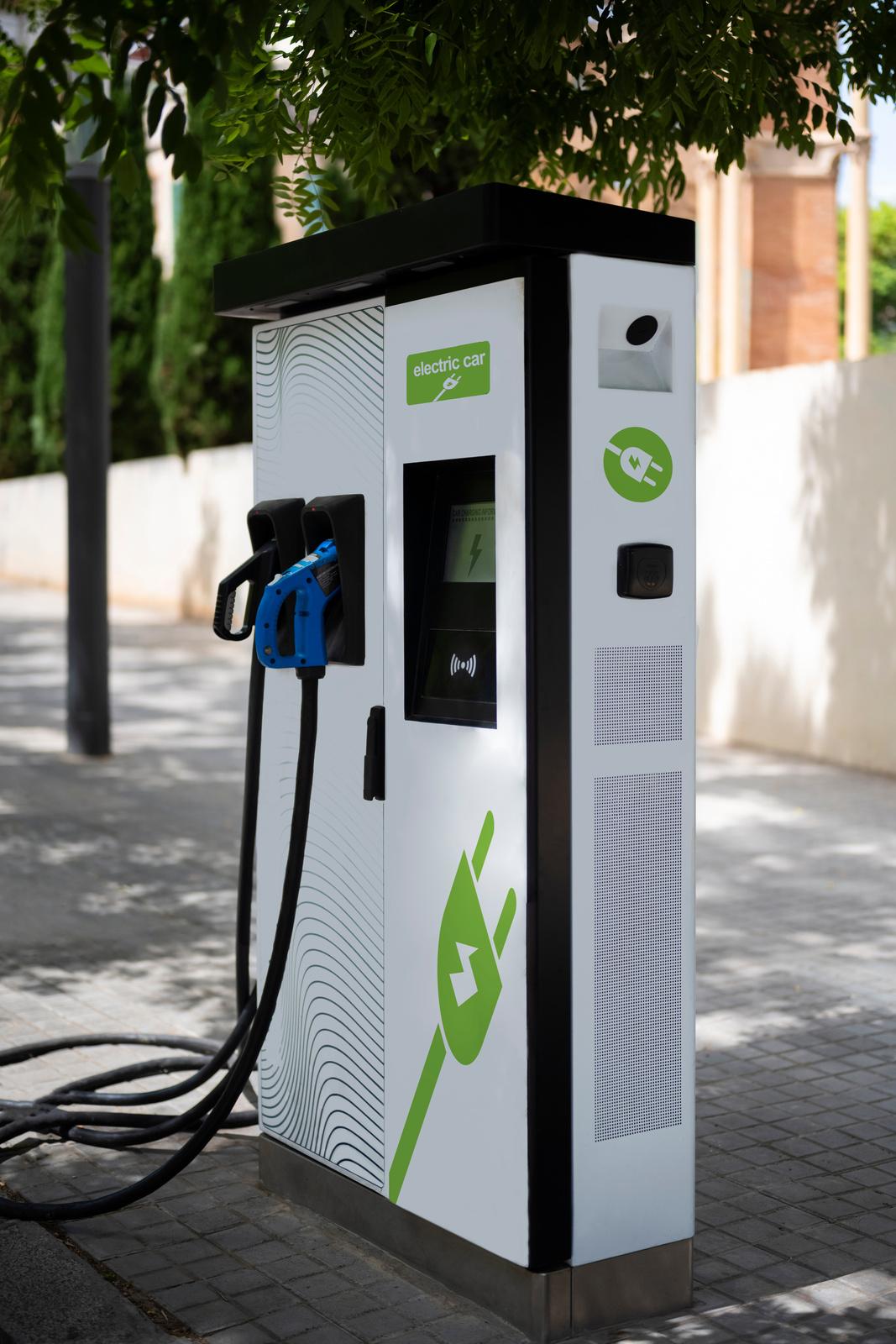
2 minute read
N O W L E D G E SOFTWARE AS A SERVICE (SAAS) AND ITS CONTRIBUTION TO THE ELECTRIC VEHICLE CHARGING INDUSTRY

India's electric fleet operators have emerged as a promising business model, revolutionizing the transportation sector with eco-friendly solutions With the Indian government's push for electric mobility, the market for electric vehicles has witnessed exponential growth, providing an opportunity for electric fleet operators to thrive
Advertisement
The business model of electric fleet operators revolves around providing on-demand electric vehicles to consumers through ride-hailing, carsharing, and rental services These services offer a sustainable and cost-effective mode of transportation, reducing pollution levels and creating a cleaner environment

The key players in the electric fleet operator's market in India include companies like Ola, Uber, Lithium Urban Technologies, Blu Smart, and Yulu, among others These companies have adopted different strategies to cater to the diverse needs of their customers, including B2B and B2C services.
The primary revenue stream for electric vehicle fleet operators comes from charging customers for the use of their vehicles The charges are based on the distance traveled, time taken, and other factors such as peak-hour pricing and surge pricing Fleet operators can also generate revenue from advertising, partnerships, and collaborations with other companies
OCPP stands for Open Charge Point Protocol, which is a communication protocol that is widely used in the electric vehicle (EV) charging infrastructure industry. OCPP is an open-source protocol, meaning that it is freely available for use and can be implemented by any EV charging equipment manufacturer

The purpose of OCPP is to provide a standardized way for different EV charging equipment to communicate with each other and with back-end systems, such as charging network management systems and payment platforms This interoperability allows EV drivers to use different charging stations from different manufacturers with the same ease and convenience as they use different gas stations from different oil companies

OCPP is designed to be flexible and extensible, which means that it can support a wide range of use cases and functionalities For example, OCPP can be used to monitor and control the charging process, collect data on charging usage and energy consumption, and facilitate payment and billing for charging services OCPP also supports real-time communication between charging equipment and back-end systems, which allows for remote diagnostics and maintenance, as well as dynamic pricing and load management
In addition to its technical capabilities, OCPP is also seen as an important enabler for the growth and development of the EV charging infrastructure industry By providing a common language and set of standards for EV charging equipment and services, OCPP helps to reduce barriers to entry and promotes competition and innovation in the market
Overall OCPP is a key component of the EV charging infrastructure ecosystem, enabling interoperability, flexibility, and scalability for EV charging equipment and services here are some examples of how OCPP is being used in the electric vehicle (EV) industry:
Interoperability: OCPP enables different EV charging equipment from different manufacturers to communicate with each other and with back-end systems, such as charging network







